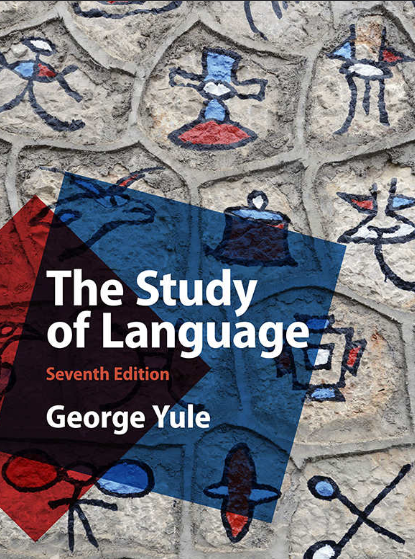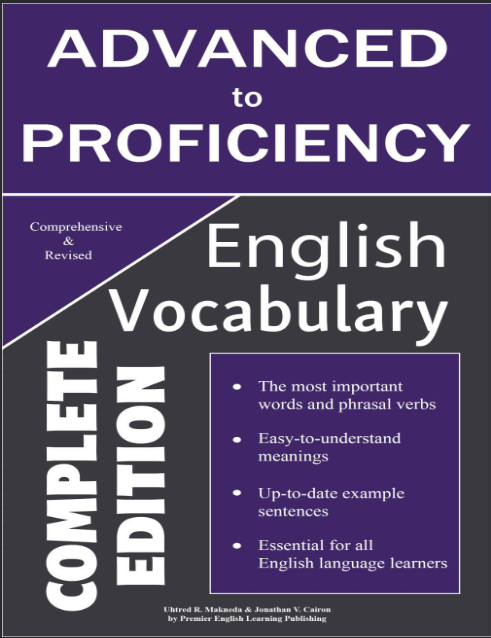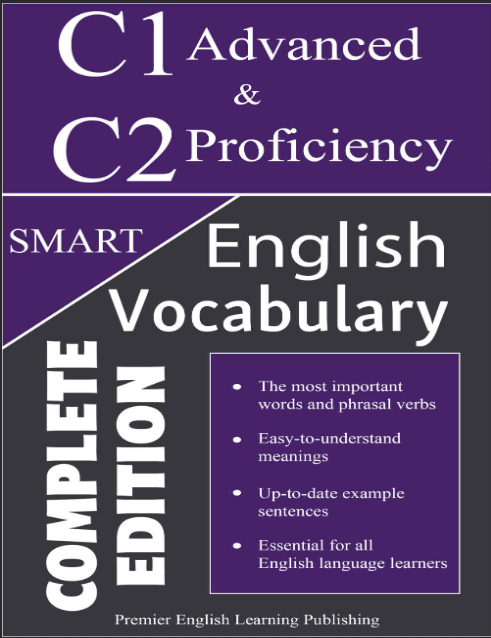موضوعات
آموزش و پرورش
ادبیات و زبان
پزشکی، دندانپزشکی و داروسازی
تاریخ و جغرافیا
داستان و رمان
دیگر
دین و فلسفه
روانشناسی
ریاضیات و آمار
سلامتی، تناسب اندام و رژیم غذایی
شیمی و پلیمر
علوم اجتماعی و حقوق
علوم زیستی و بیوتکنولوژی
فیزیک و نجوم
کامپیوتر و اینترنت
کتابهای کودکان و داستان
کسب و کار و اقتصاد
کشاورزی و دامپزشکی و غذا
معماری
مهندسی و فناوری
هنر و تئاتر
محصولات
The Routledge Handbook of Language and Intercultural Communication (Routledge Handbooks in Applied Linguistics) (2nd Edition) [2023] - Original PDF
نویسندگان: خلاصه: The Routledge Handbook of Language and Intercultural Communication (Routledge Handbooks in Applied Linguistics) 2nd Edition by Jane Jackson (Editor)Sex – richtig!: Körperpolitik und Gefühlerziehung im Kino des 20. Jahrhunderts (German Edition)[2021] - Original PDF
نویسندگان: خلاصه: Sex – richtig!: Körperpolitik und Gefühlerziehung im Kino des 20. Jahrhunderts (German Edition) [Print Replica] Kindle Edition German Edition by Anja Laukötter (Author)The Study of Language seventh edition - Orginal Pdf
نویسندگان: خلاصه: GET FASTER Download from an IPFS distributed storage, choose any gateway: Cloudflare IPFS.io Pinata local gateway download from the Tor mirror (make sure you're accessing via Tor) The Study of Language cover Author(s): George Yule Publisher: Cambridge University Press, Year: 2020 ISBN: 1108730701,9781108730709,1108499457,9781108499453 Search in WorldCat | Search in Goodreads | Search in AbeBooks | Search in Amazon.com Description: This bestselling textbook provides an engaging and user-friendly introduction to the study of language. Assuming no prior knowledge of the subject, Yule presents information in bite-sized sections, clearly explaining the major concepts in linguistics and all the key elements of language. This seventh edition has been revised and updated throughout, with substantial changes to the chapters on phonetics and semantics, and forty new study questions. To increase student engagement and to foster problem-solving and critical thinking skills, the book includes over twenty new tasks. An expanded and revised online study guide provides students with further resources, including answers and tutorials for all tasks, while encouraging lively and proactive learning. This is the most fundamental and easy-to-use introduction to the study of language.Dialogues and Short Stories in Turkish: read, listen, practice and improve your Turkish - PDF
نویسندگان: خلاصه: Dialogues and Short Stories in Turkish is the first book of the Türkçeyi Seviyorum (I Love Turkish) series. There are 15 texts in this book. These texts were written and then recorded specifically to support learners on the A1-A2 beginner level to improve their Turkish language skills and practice with fun reading, listening, writing and quiz activities. If you are a beginner plus, you can still benefit from this book in terms of improving your reading and listening skills and both reviewing and learning more vocabulary. That’s why it has been leveled as A1-A2+. Dialogues and Short Stories in Turkish is a self-improvement and self-practice book. It shouldn’t be considered as a teach yourself book. You don’t need to follow the sections step by step. Feel free to skip around the texts. You might be able to enjoy understanding all the vocabulary and grammar structures in this book but if you had any trouble understanding some of those depending on your past learning experiences, please use the grammar appendix and the glossary to gain a fruitful use of the bookآیا کتاب مورد نظر هنوز بر روی سایت قرار نگرفته است؟ جای نگرانی نیست! کافی است بر روی گزینه سفارش کتاب کلیک کرده و درخواست خود را ثبت کنید. در کمتر از چند ساعت کتاب شما را آماده خواهیم کرد.


![The Routledge Handbook of Language and Intercultural Communication (Routledge Handbooks in Applied Linguistics) (2nd Edition) [2023] - Original PDF](https://dl.libsan.ir/images/1/12/20_646a6ae87e309.jpg)
![Sex – richtig!: Körperpolitik und Gefühlerziehung im Kino des 20. Jahrhunderts (German Edition)[2021] - Original PDF](https://dl.libsan.ir/images/1/12/7_646a520a44197.jpg)
![Kulturmacht Ohne Kompass: Deutsche Auswartige Kulturbeziehungen Im 20. Jahrhundert (German Edition) [2013] - Original PDF](https://dl.libsan.ir/images/1/12/7_6468e9d0ef5c1.jpg)
![Iberische Diktaturen: Portugal unter Salazar, Spanien unter Franco[2012] - Original PDF](https://dl.libsan.ir/images/1/12/1_6468e474232f3.jpg)



